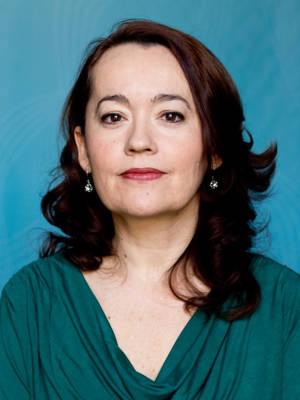Since its accession to power in 2002, Turkey's Justice and Development party (AKP) has tested the ideological foundations of the Turkish secular state. This has had an impact both internally, reshaping state-society relations, and externally, introducing a new dynamic to its foreign affairs. Turkey's Muslim identity has become an identity bearer on the international stage with the result that the country has adopted a regional leadership position. However, the initial fervor with which Turkey was branded a “model” for the Arab World has waned in light of domestic challenges - the greatest among these being Turkey's unresolved Kurdish issue.
The core of the research project is an examination of the AKP's handling of contentious politics in the context of upheavals following the Arab Spring. It is based on qualitative methodology gathered from fieldwork over the course of the project. As its most relevant case, the project focuses particularly on the Kurdish issue. For more than a generation, the Kurdistan Workers Party (PKK) has represented the Kurdish struggle for a separate state and for the recognition of the Kurds own cultural identity, waging a war against the Turkish state which has cost over 40, 000 since 1984. A strategy of the party has been to break down traditional patriarchal ties (including challenging conservative values and recruiting women), and replacing these bands with ties to the party. A generation Kurds has grown up in the shadow of the struggle between the guerrilla movement and the Turkish state. In 2009, the Turkish government, led by the Justice and Development Party, AKP, launched a "democratic initiative" to find a solution to the Kurdish problem in Turkey however, this has had little success due to the regional context and internal domestic challenges. The expectations of Kurds and Turks alike for improvements to Turkey's democracy have been thwarted by the AKP's response to political opposition. Thus, in addition to the Kurdish issue, this project examines the increasingly more polarized domestic environment under the AKP's rule with secondary cases on the Gülen movement and the Sunni-Alevi divide.
The New Middle East
This is a sub-project of the research project The New Middle East, which is based at the University of Oslo, comprising researchers from Fafo (Institute for Labour and Social Research), PRIO (Peace Research Institute Oslo) and the University of Oslo. There are six researchers on the project, each working on their own sub-projects within a common framework.
Even before the outbreak of the Arab Spring, which has led to the fall of the autocratic regimes in Tunisia, Egypt and Libya, and put severe pressure on the regimes in Yemen, Syria and other countries, the Middle East was in transition. Old patriarchal structures are crumbling, the population getting younger, and the democracy deficit is acute. Where is the Middle East heading?
The different sub-projects are aimed at illuminating different aspects of the ongoing changes in the region through the two common research-questions:
- Which political and ideological trends find support among the youth?
- Which trends are observable in the civil society?






